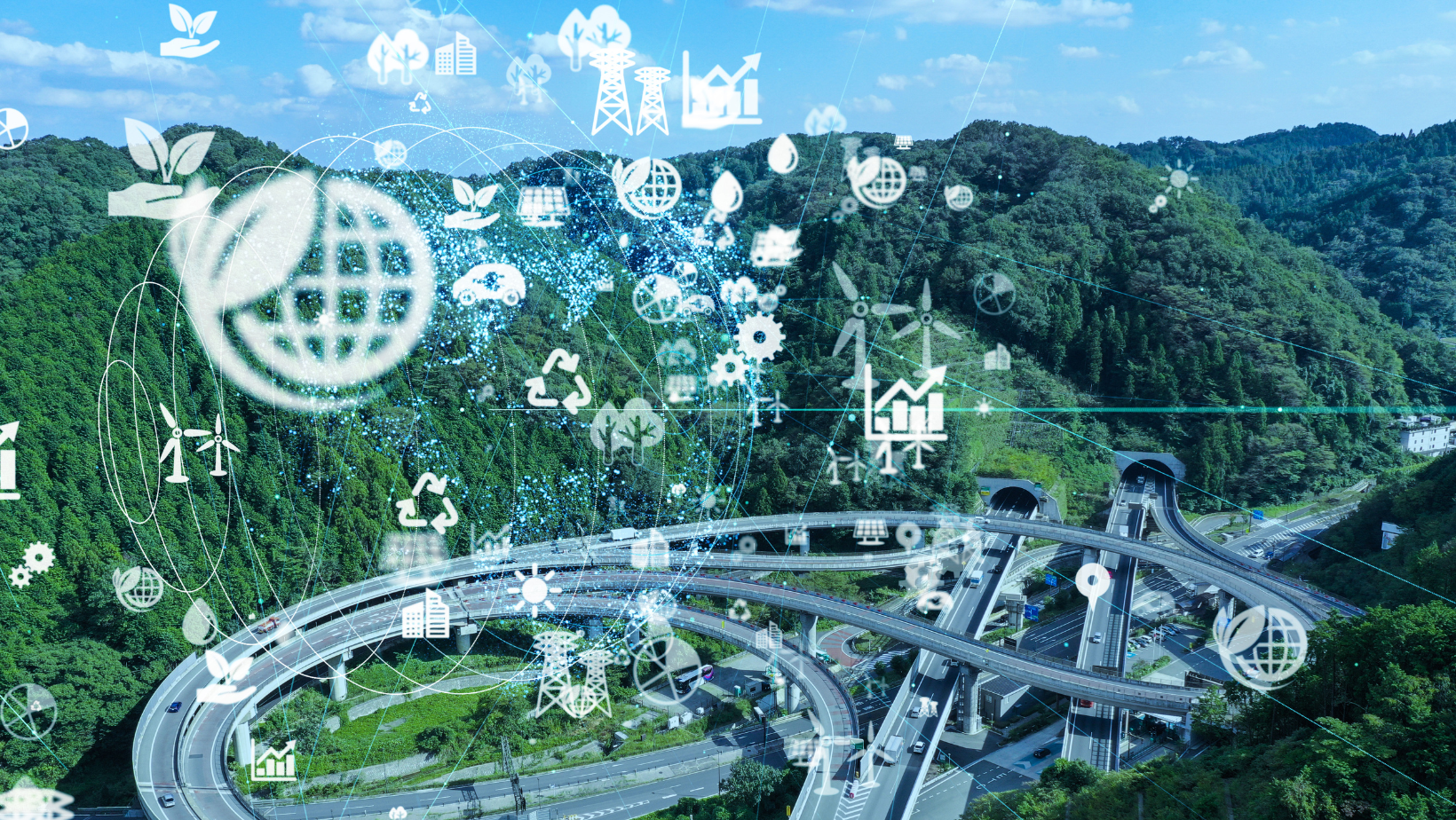In an era where climate change and environmental degradation are front and center, sustainable living isn’t just a trend for game deals—it’s a necessity. Adopting a lifestyle that minimizes waste and reduces environmental impact can seem daunting, but it’s increasingly seen as essential for the health of our planet. From reducing carbon footprints to conserving natural resources, the implications of this shift are profound and far-reaching. Everyday choices, from the food we eat to the products we buy, play a critical role in shaping our environmental impact.
What Impact Does Sustainable Living have?
Sustainable living involves adopting practices that reduce one’s environmental impact. It requires making informed choices in daily activities, housing, transportation, and consumption. These decisions prioritize the conservation and sustainable use of resources, aiming to maintain ecological balance and minimize carbon footprints. By selecting energy-efficient appliances, adopting renewable energy sources, and using sustainable materials in construction, individuals contribute significantly to environmental preservation. Additionally, opting for local and organic foods not only supports local economies but also reduces pollution associated with long-distance transportation. Sustainable living doesn’t just benefit the environment; it also enhances individual well-being and fosters a sustainable economy.
Environmental Impact of Sustainable Living
 Sustainable living significantly reduces ecological footprints, which lead to a reduction in air and water pollution. By choosing renewable energy sources, such as solar or wind power, residents lower emissions of carbon dioxide and other harmful greenhouse gases. Residential usage of energy-efficient appliances also contributes to fewer environmental pollutants.
Sustainable living significantly reduces ecological footprints, which lead to a reduction in air and water pollution. By choosing renewable energy sources, such as solar or wind power, residents lower emissions of carbon dioxide and other harmful greenhouse gases. Residential usage of energy-efficient appliances also contributes to fewer environmental pollutants.
Moreover, sustainable farming practices, including organic farming and permaculture, enhance biodiversity and soil health. These methods avoid hazardous pesticides and fertilizers, thereby protecting groundwater and local wildlife.
Lastly, sustainable living encourages the conservation of resources. Initiatives like rainwater harvesting and greywater recycling reduce the demand on municipal water supplies and lower the stress on natural ecosystems. These actions exemplify how sustainable living practices directly contribute to a healthier planet.
Economic Benefits of Sustainable Living
Sustainable living not only supports environmental health but provides significant economic advantages. A primary benefit is the reduction in energy costs. Transitioning to energy-efficient appliances and renewable energy sources, like solar and wind power, decreases electricity bills over time. For example, solar panels significantly cut power expenses and can offer savings up to several thousand dollars annually.
 Further, sustainable farming practices can reduce the need for expensive, chemical fertilizers and pesticides, lowering operational costs for farmers. These methods improve soil fertility and yield production, enhancing profitability. Moreover, focusing on local and organic food consumption boosts local economies. By purchasing from local farmers and producers, residents keep money within the community, supporting jobs and market stability.
Further, sustainable farming practices can reduce the need for expensive, chemical fertilizers and pesticides, lowering operational costs for farmers. These methods improve soil fertility and yield production, enhancing profitability. Moreover, focusing on local and organic food consumption boosts local economies. By purchasing from local farmers and producers, residents keep money within the community, supporting jobs and market stability.
Investing in sustainability encourages innovation and job creation in green technologies and services, representing a growing sector in global markets. This investment translates into new opportunities for employment and business ventures, fostering economic growth and resilience.
Social Benefits of Sustainable Living
 Engaging in sustainable living promotes stronger community bonds and enhanced social equity. These practices foster a sense of community through shared goals and collaborative efforts in conservation initiatives. For instance, community gardens not only provide fresh, local produce but also become centers for social interaction and education about sustainable practices. Similarly, local food markets support small businesses and strengthen community ties.
Engaging in sustainable living promotes stronger community bonds and enhanced social equity. These practices foster a sense of community through shared goals and collaborative efforts in conservation initiatives. For instance, community gardens not only provide fresh, local produce but also become centers for social interaction and education about sustainable practices. Similarly, local food markets support small businesses and strengthen community ties.
Sustainable living also elevates social justice by advocating for fair labor practices and equitable resource distribution. It emphasizes the importance of fair trade products which ensure that producers receive fair wages and work in safe conditions. Moreover, by reducing environmental deficits, communities experience fewer health problems associated with pollution and resource depletion, leading to overall improved public health and well-being. These actions collectively underline the positive social impacts of adopting sustainable lifestyles.
Challenges in Adopting Sustainable Living
Adopting sustainable living practices presents challenges, including initial costs and the need for widespread behavioral changes. Despite these hurdles, the shift towards sustainability proves increasingly crucial for environmental, economic, and social health. By embracing sustainable practices, individuals and communities pave the way for a healthier planet and a more equitable society. This commitment to sustainable living not only conserves resources but also enriches lives, proving that the benefits far outweigh the challenges.

